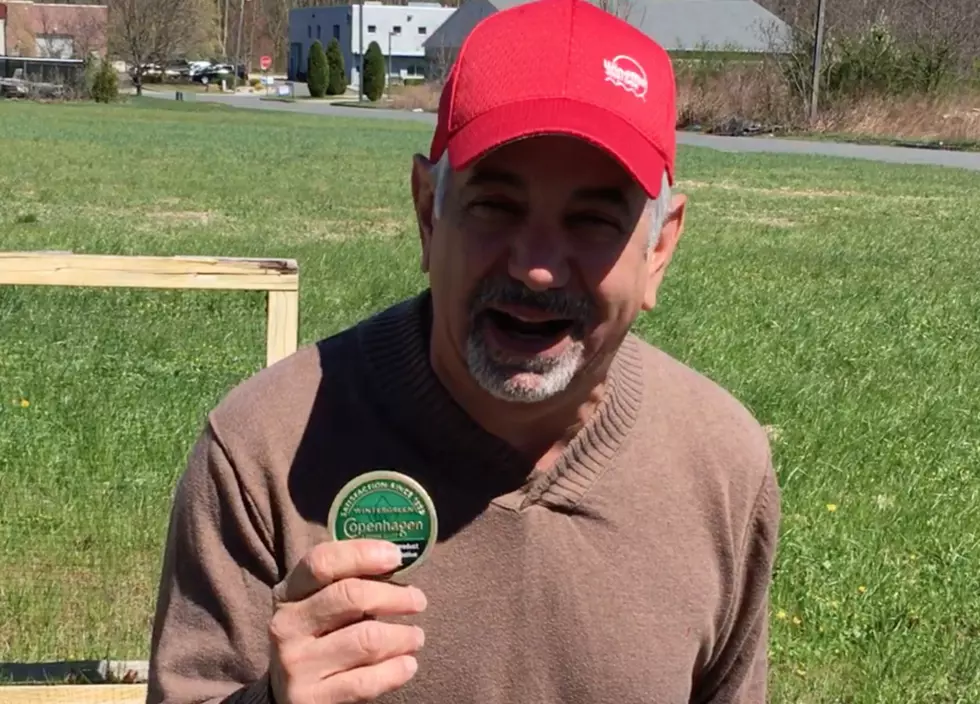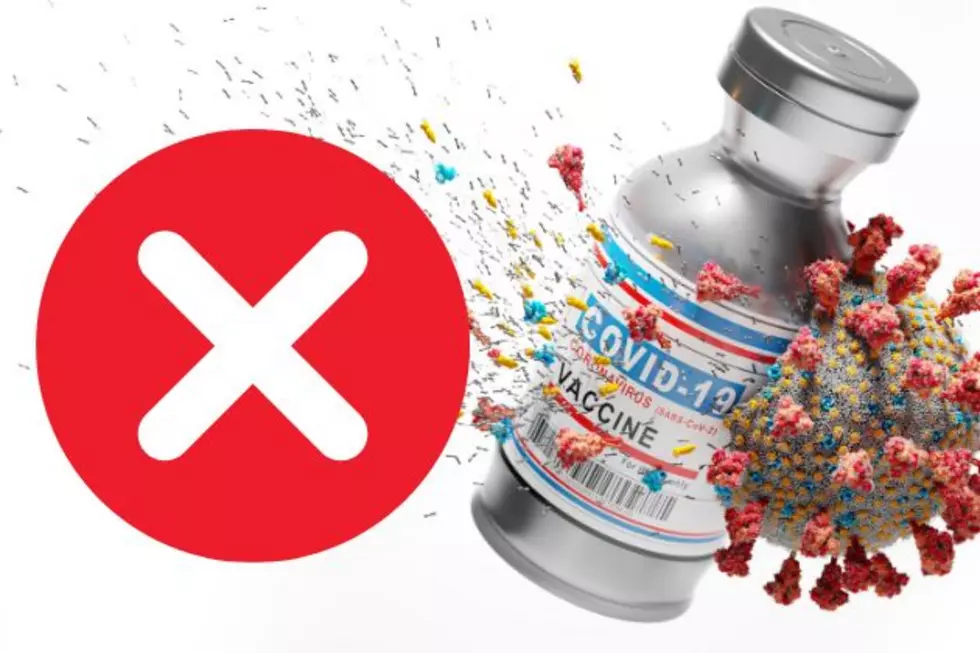
FDA campaign takes aim at chewing tobacco use by rural teens
Government health officials will team up with minor league baseball as part of a new $36 million campaign to discourage rural teenagers from using chewing tobacco.
Baseball stadiums will feature the campaign's central message this summer -- "smokeless doesn't mean harmless" -- via advertising and promotions with players. Ads will also run on local television, radio and online in 35 markets across the U.S., including cities in Michigan, Montana, South Carolina and Tennessee.
The Food and Drug Administration says its latest effort targets white, rural males who are more likely to use dip, chew and other smokeless tobacco products. Roughly 32 percent of rural males ages 12 to 17, or roughly 629,000 Americans, are at-risk for using chewing tobacco, according to the agency.
FDA's Mitch Zeller, director of the agency's tobacco program, said smokeless tobacco is culturally ingrained in many rural communities as a "rite of passage".
"Often male teenagers in rural communities are accustomed to seeing smokeless tobacco use among role models, such as their fathers and grandfathers, older brothers and community leaders," he told reporters.
Zeller, who oversaw the anti-tobacco "Truth" campaign while working at the nonprofit American Legacy Foundation in the early 2000s, said many young people don't understand the health effects of smokeless tobacco. The new campaign is the first FDA effort to focus on those risks, including gum disease, tooth loss and multiple forms of cancer. The FDA is reaching out to Major League Baseball on similar collaborations, agency officials said.
The government effort comes as leading tobacco companies increase their focus on snuff, chewing tobacco and electronic cigarettes amid tax hikes, smoking bans, health concerns and social stigma that continue to erode cigarette sales.
Last October the FDA launched a $128 million campaign using hip-hop music and culture to try and educate African American and other urban minority youth groups about smoking risks.
Tobacco companies are footing the bill for the campaigns through fees charged by the FDA under a 2009 law that created the agency's tobacco center. Among other powers, the FDA can restrict marketing of tobacco products to young people and gives the agency authority to evaluate the health risks of new tobacco products before they launch.
(Copyright 2016 The Associated Press. All rights reserved. This material may not be published, broadcast, rewritten or redistributed.)
More From New Jersey 101.5 FM









